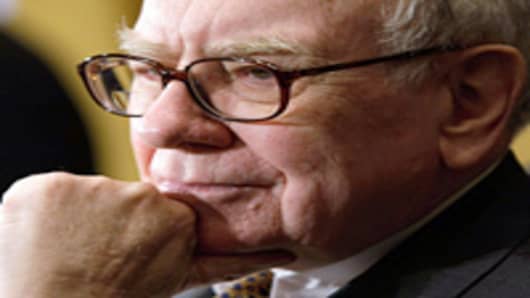The sudden resignation of David Sokol, widely considered by many to be the heir apparent to the 80-year old Warren Buffet, is clouded in controversy and perceived conflicts of interest. It has left investors shocked and confused. It has also highlighted the huge challenge facing Berkshire Hathaway – how to find the next Buffet. This task is clearly no easy pursuit.
If you listen carefully to the compelling interview Becky Quick and Joe Kernan conducted with Sokol on Thursday, it would appear that Sokol resigned simply because he didn’t want the job. In the interview, Sokol said that he is a "builder of companies" and that is what he enjoys doing.
According to Sokol, the role of CEO of Berkshire simply did not fit the vision of what he wants his future to be. It's the same story with Li Liu who also withdrew from CEO consideration. Both Sokol and Liu passed on being the next Buffett.
This episode has once again raised questions regarding Buffet’s succession strategy. Frankly, we all know Buffett is a tough act to follow. It will clearly be a monumental task to take over from this investment legend. What is evident is that the future leader of Berkshire Hathaway must be a brilliant analyst but, at the same time, a broad theme visionary. And it would seem that the desire to be a CEO ("a builder of companies") should be secondary to the desire to be a great investor.


